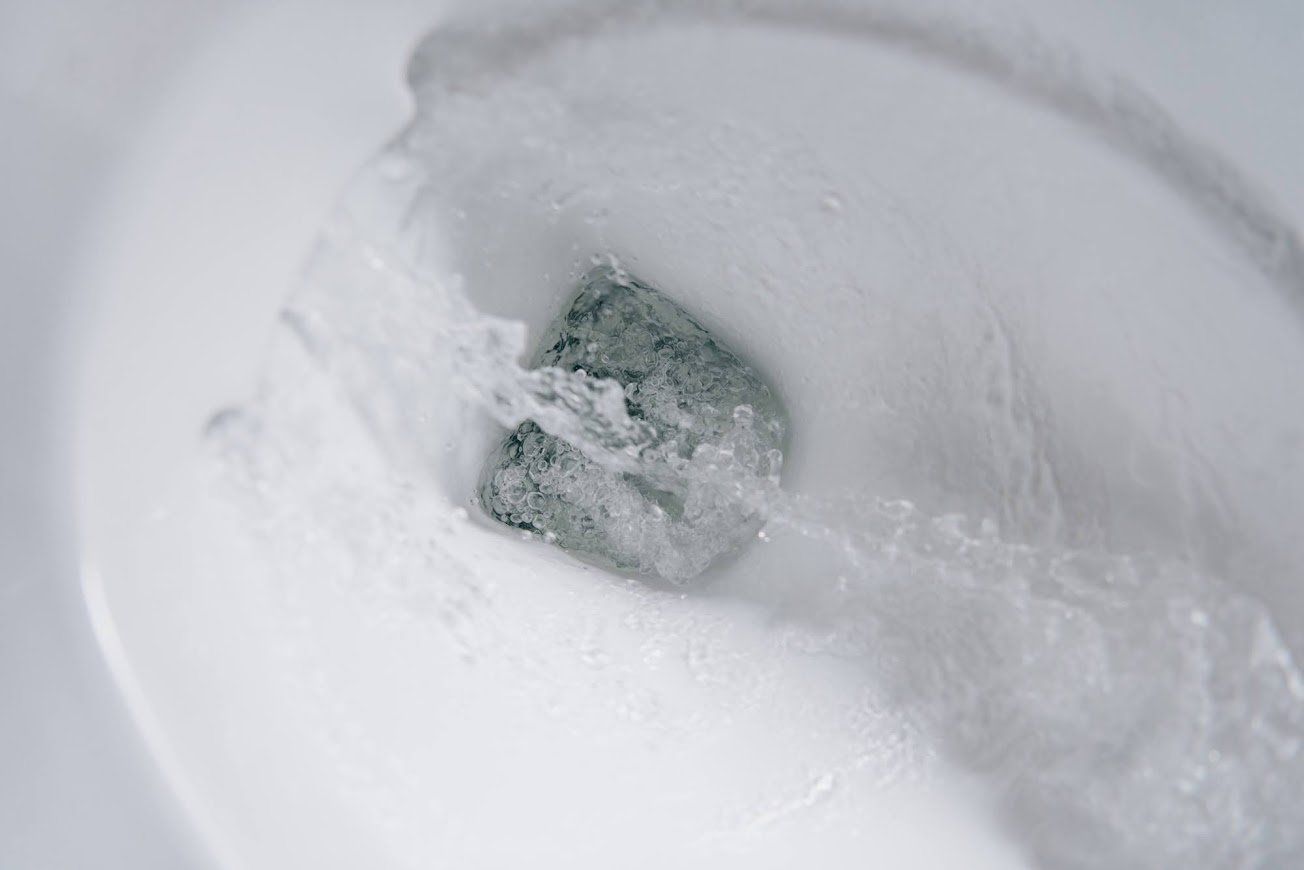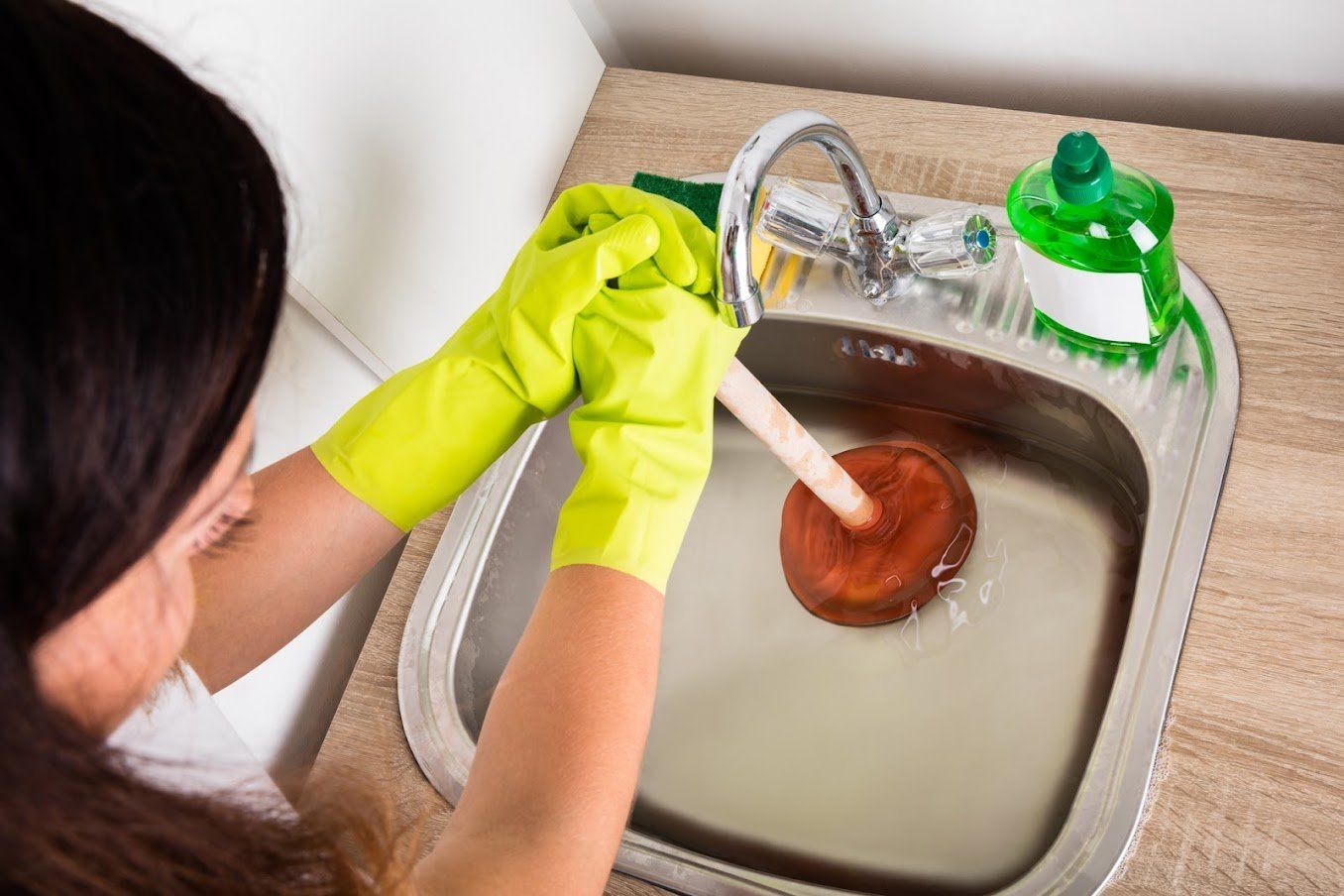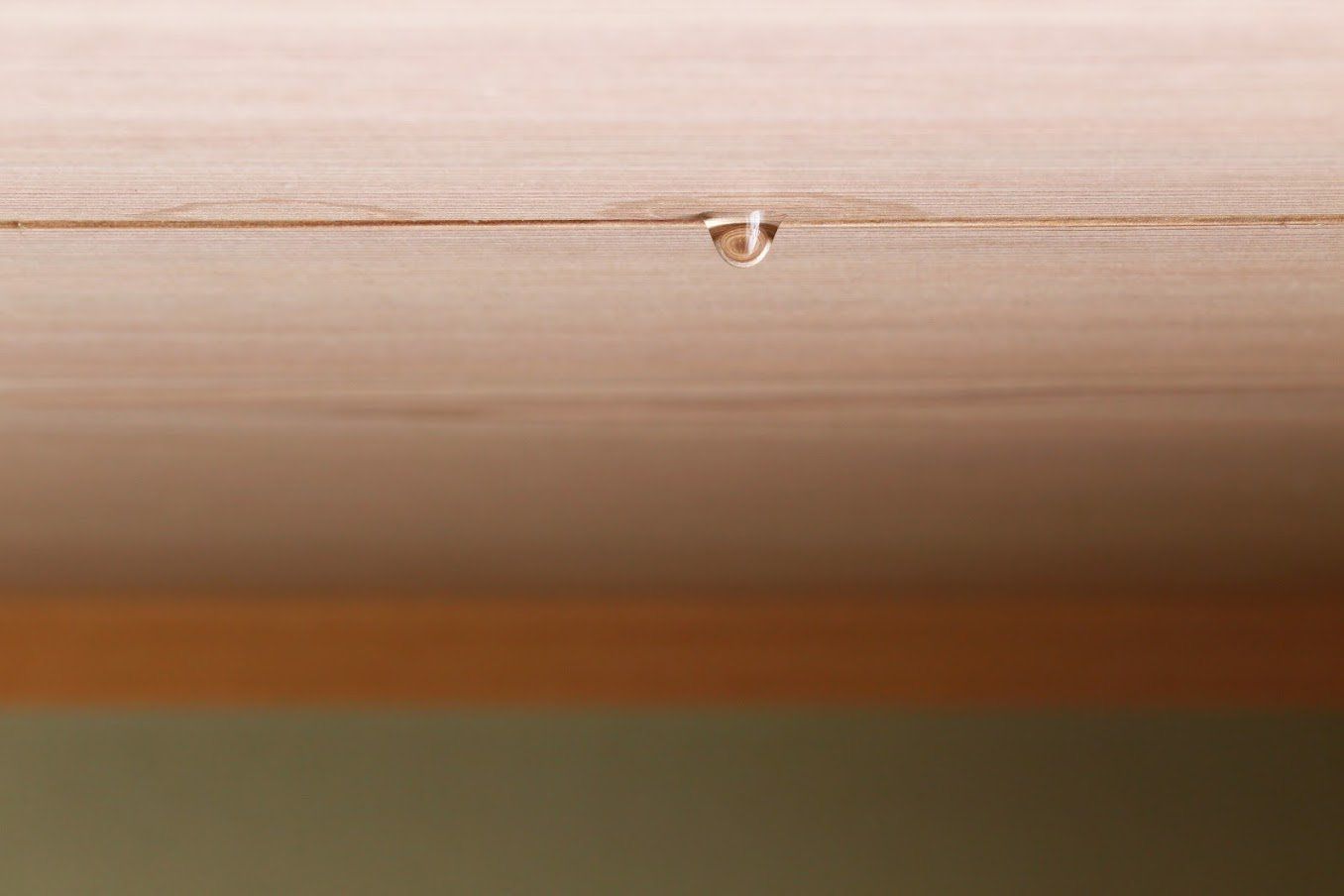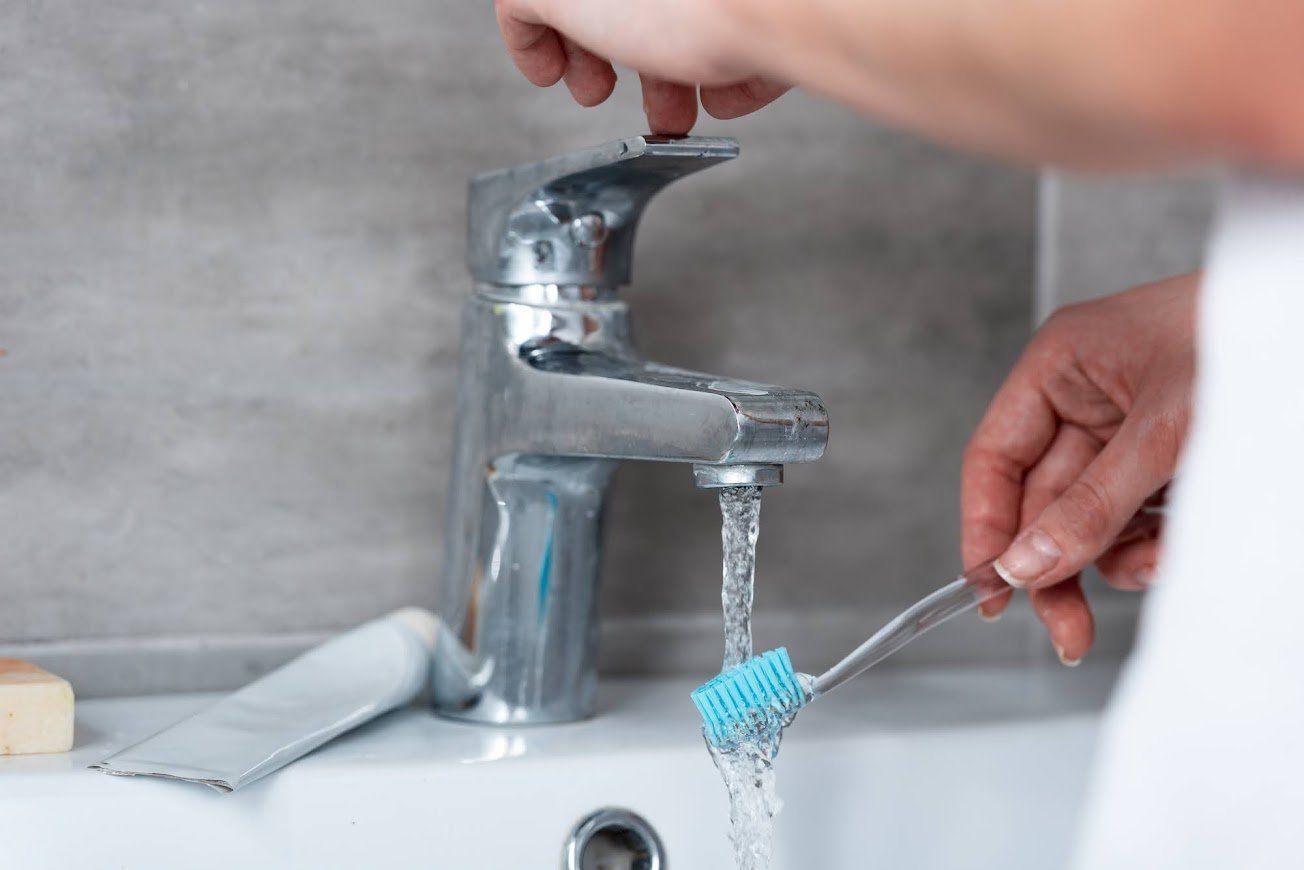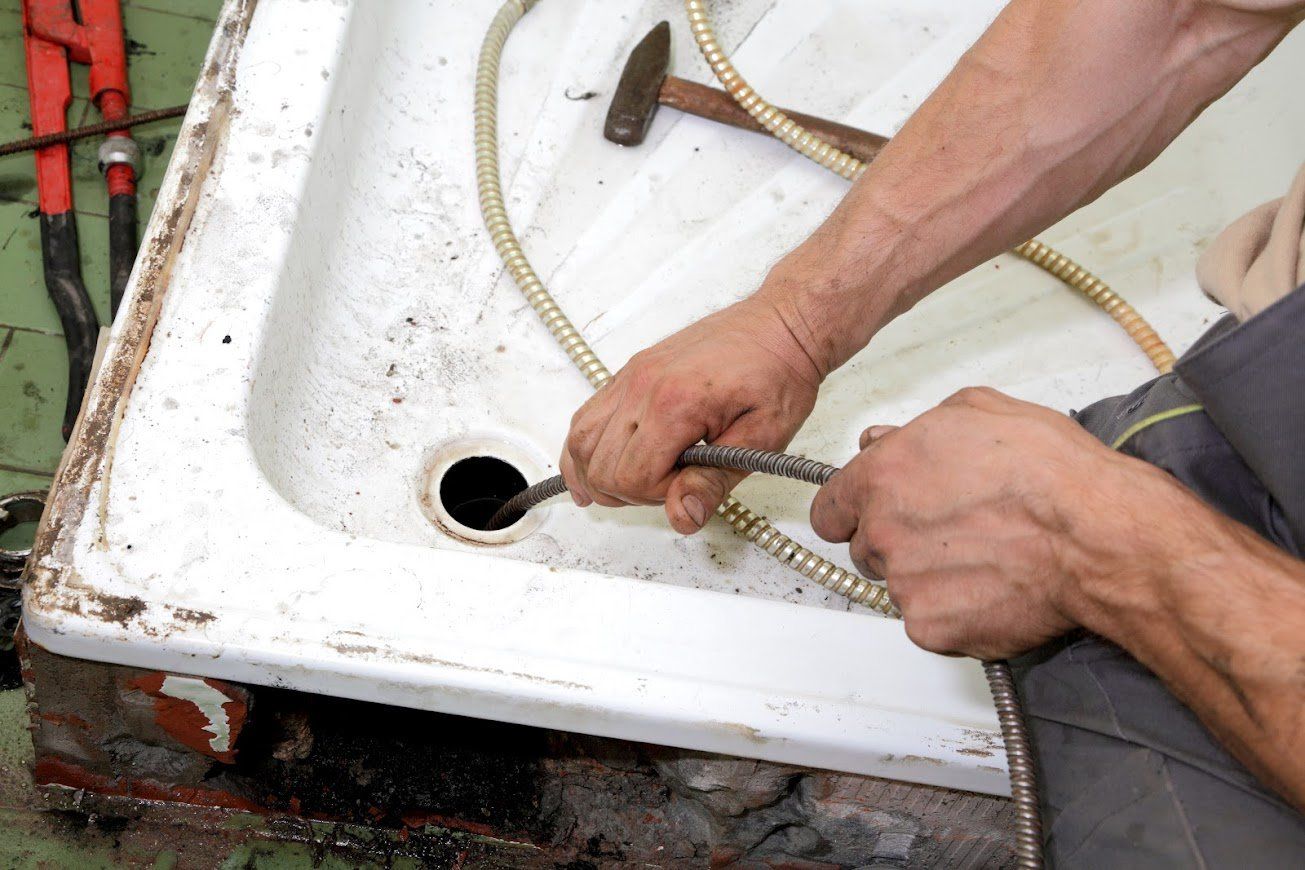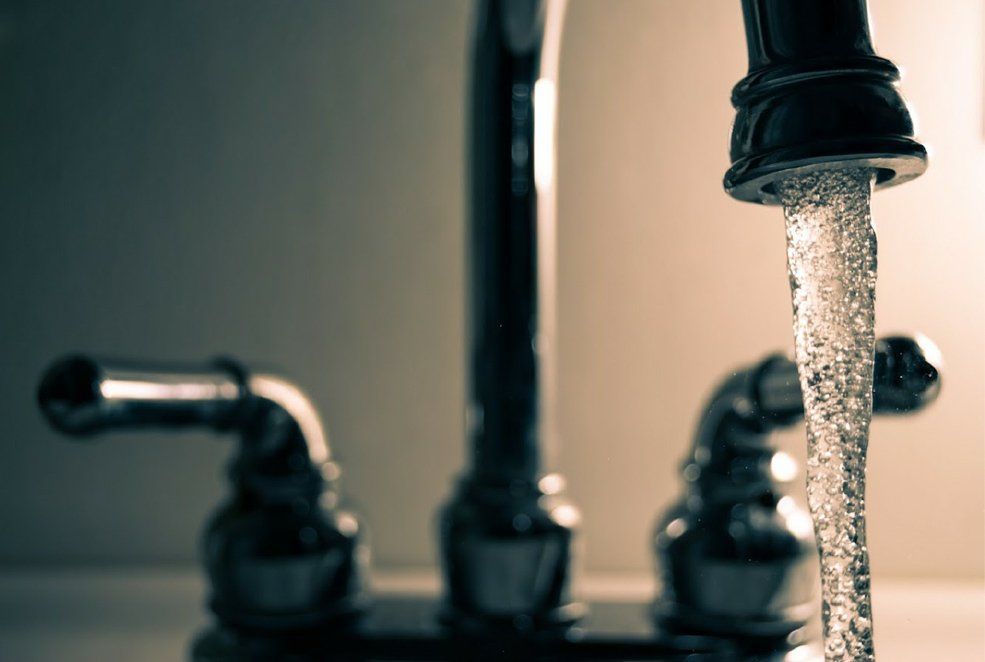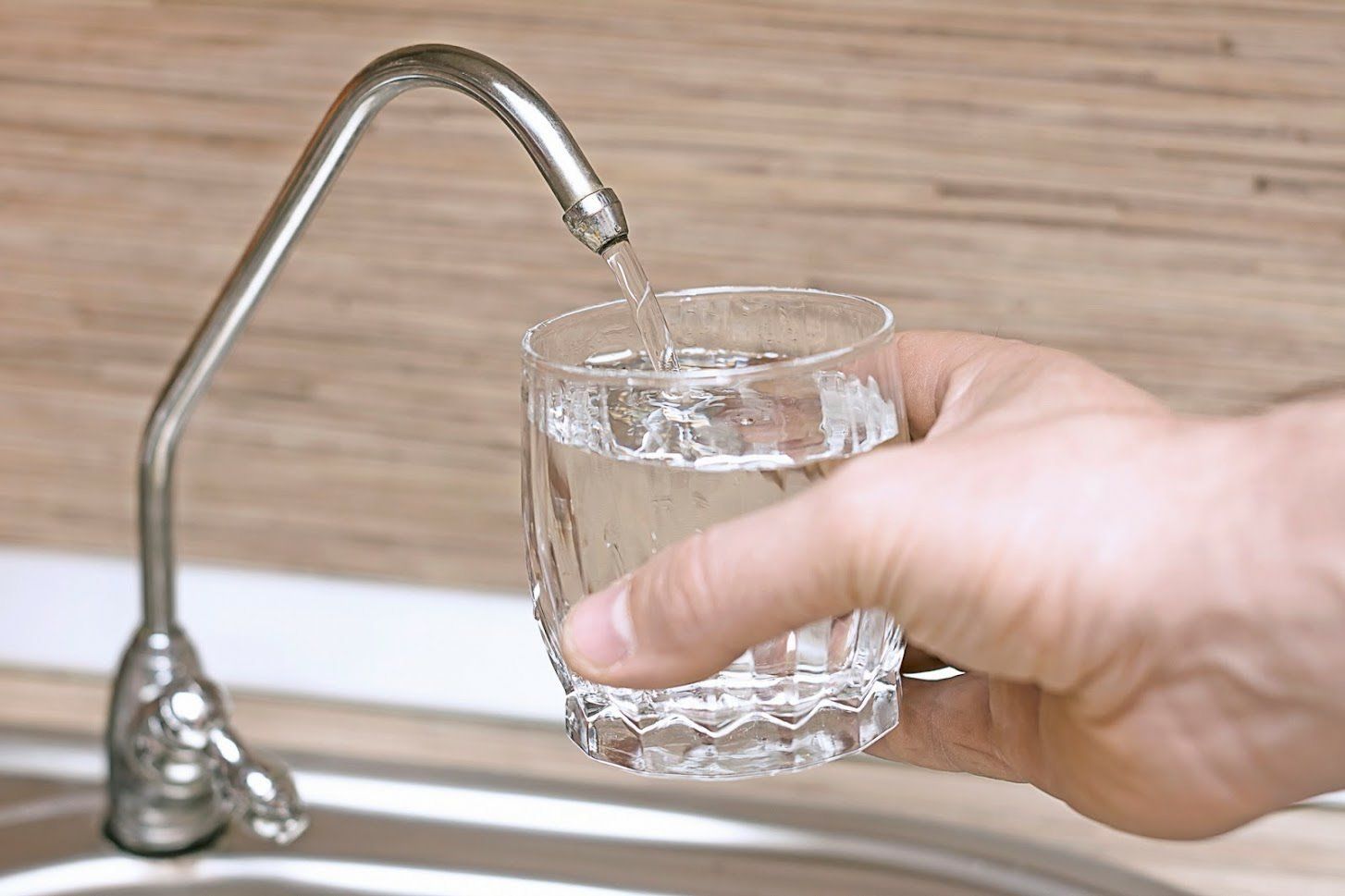Is Your Dishwasher Clogged? Find Out Why
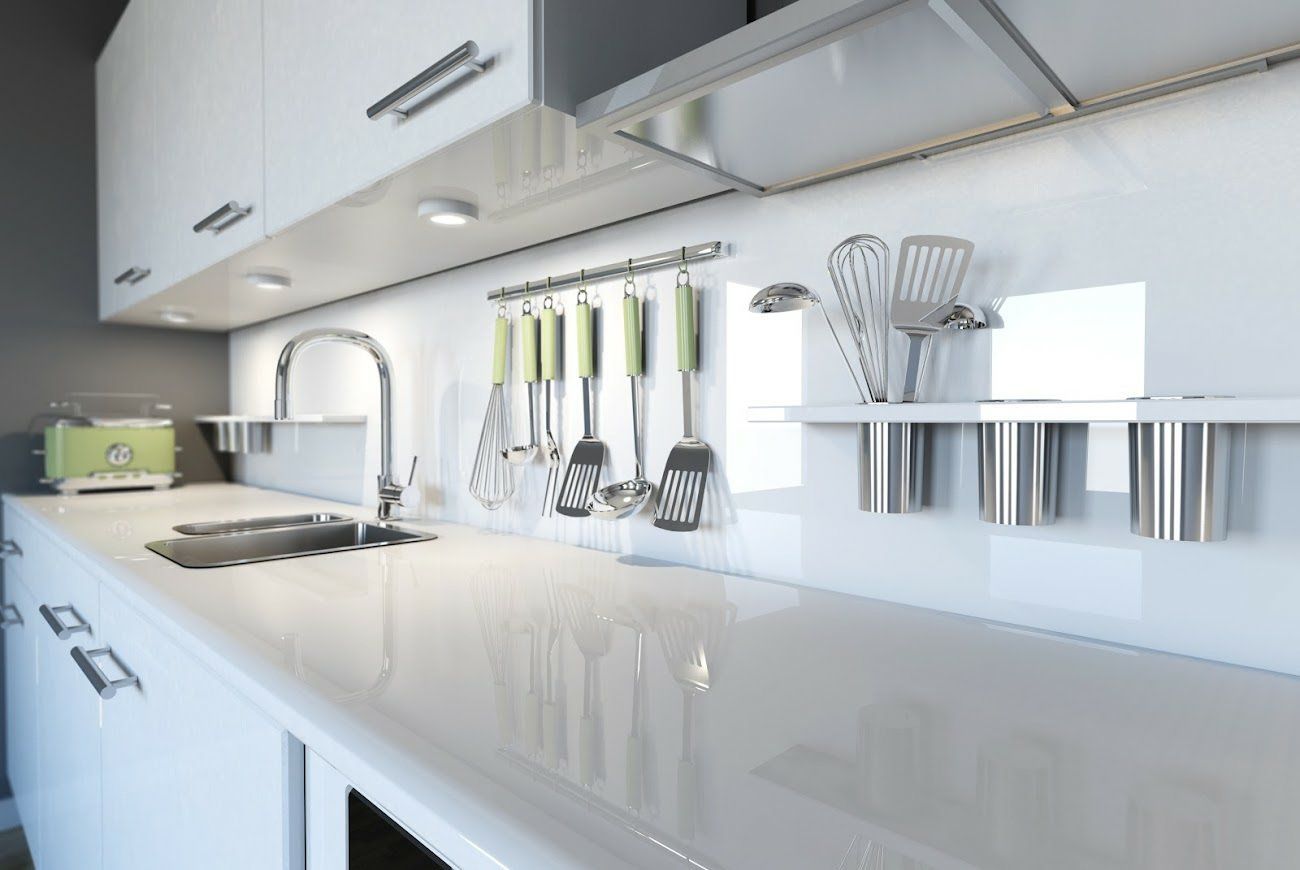
A failing dishwasher can be worrying, especially if you notice stagnant water at the bottom. Sometimes, this problem isn't always a plumbing emergency. A minor issue with your plumbing could be causing the clog, which you can fix with a little maintenance and cleaning.
But other times, your dishwasher may keep blocking without any clear reason. If so, you may have a more severe issue with your plumbing system. For instance, if the mainline connected to your dishwasher and sink has a blockage somewhere, water will likely back up into the dishwasher and kitchen sink.
Here's a guide to help you understand why your dishwasher could develop clogs and backups.
1. Blocked Garbage Disposal
A garbage disposal is likely to have drain plugs. These plugs drain off water from your dishwasher or kitchen sink. But still, the drain plug could get blocked and cause water backups into your dishwasher.
Because the device shuts off the opening between the dishwasher and garbage disposal, water can unexpectedly drain from the dishwasher if you leave the plug on. You're likely to notice this problem if you've just installed a new garbage disposal.
If you have a clogged dishwasher, you could first unplug the power supply to the dishwasher before you examine the drain plug. If the plug is still on, remove it to allow water to drain off properly.
2. Blocked Air Gap
You can find the air gap next to the faucet near your kitchen sink. An air gap separates the drain pipes that connect your sink to the dishwasher. In doing so, wastewater shouldn't back up into the dishwasher even if there's a blockage in the main sewer line. The idea is to protect clean dishes from contamination by wastewater.
However, your air gap may not always work properly, especially if something is obstructing it. You're likely to notice water flowing back from the air gap and into your sink or dishwasher in case of a blockage.
To be sure, you can remove the air gap cover to expose the inner cap and look for any signs of blockage. Typically, debris may be easy to see and remove. But sometimes, the blockage can be rather inaccessible and would require your plumber's help. They may use specialized plumbing techniques to dislodge the blockage and restore your appliance back to normal working condition.
3. Sink or Sewer Issues
A minor clog in your sink could create backups each time you run the dishwasher. Usually, you can remove sink clogs by using tough drain cleaners or a drain snake. However, that may only be a temporary solution if the problem extends to the main sewer line.
Unfortunately, a damaged sewer can create much bigger problems than just a clogged dishwasher. If your sewer line isn't working properly, all the drains in your home could be affected. Eventually, you may notice frequent backups in your dishwasher, shower drains, and even toilets. Worse still, raw sewage could find its way into your home and leave a lingering foul odor.
While sewer backup issues may be more common with old sewer lines, newer lines may also develop problems due to intrusive tree roots or severe ground shifting. If you suspect that a sewer issue might be the reason for your clogged dishwasher, you should act quickly to avoid more problems. As an added tip, leave all the repiping and related repairs to a licensed plumber if you're not sure of what to do.
Clogging issues with your dishwasher often have something to do with your plumbing system. But things may not always be what they seem. Rather than risk further damage and flooding, contact us at Art Douglas Plumbing Inc. for all your plumbing repairs.


